This story was published as part of our joint Equitable Cities Reporting Fellowship For Reparations Narratives with Richmond’s VPM News.
The city of Richmond, Virginia has just announced that 10 acres of its historic Shockoe Bottom neighborhood will be used to build The Shockoe Area Project, a museum and educational space that aims to recognize Richmond’s role as the second-largest slave market in the nation.
The project will feature memorials and green spaces; an interpretive, educational facility called the Shockoe Institute; and will be anchored by the National Slavery Museum, stakeholders say. Though the final museum location is still being discussed, the proposed site address – 1619 E. Broad St. – corresponds with the year the first enslaved Africans arrived in Virginia.
“We’re choosing to uplift Richmond’s full history and use its unique position to tell a national – and even global – story of how slavery was integrally connected to the complex evolution of this country’s history, economy and culture,” says Mayor Levar Stoney.
The project has been in the works for nearly 15 years and initially kicked off when the Richmond Slave Trail Commission, a city agency, was started in 1989. Between 40,000 and 80,000 people were sold each year in the city, according to the Richmond Slave Trail Commission. Before the end of the Civil War, historians estimate that roughly 350,000 enslaved people were auctioned in Richmond.
Led by architect Burt Pinnock, who also serves on the city’s planning commision, the project aims to transform the area adjacent to the train station, between Main and Broad streets, into an interactive educational space — in-part designed through feedback from community engagement. Pinnock also serves as a board member of the Legal Aid Justice Center and Historic Richmond Foundation.
Community comments from March and April 2015 were projected onto a screen during Pinnock’s presentation: “Don’t whitewash it”; “an honest and respectful process — not driven in secret by the usual power brokers and developers”; and “Whatever is done, the public space should be free admission.”
Pinnock took a moment during his presentation to describe the “curated” space.
“This work became our Smithsonian. Because we know that the history does not reside only here in the Bottom — but things like the Winfree Cottage tells a story. The Richmond Slave Trail tells a story. That East Marshall Well Project tells a story. Shockoe Hill African Burying Ground tells a story. The Burying Grounds at University of Richmond and on, and on and on, and they are not disconnected, unique stories, Pinnock said. “They are a complex, woven tapestry of who we are, and how we came [here].”
The Shockoe Project includes memorials to the African Burial Ground along Broad Street and enslaved individuals whose remains are there, along with a pedestrian bridge, green spaces, and pavilion around Lumpkin’s Slave Jail.
Pinnock also noted restaurant and retail development along Broad Street, conceptualizing it as a place that could highlight Richmond’s rising Black chefs, artists and creatives.
“Our vision is to establish a site that not only sheds light on this terrible chapter in our nation’s history but also serves as a beacon of enlightenment, education and remembrance,” said Richmond City Councilor Cynthia Newbille, who represents Richmond’s 7th Voter District. “It is our sincere belief that this site will become a cornerstone for fostering a brighter and more promising future for all of humanity.”
Current funding for The Shockoe Project includes $25 million from the city, $13 million from the commonwealth and $11 million from the Mellon Foundation. The $11-million grant from the Mellon Foundation will allow the Shockoe Institute to begin the first phase of the project by converting part of Main Street Station into an educational facility within a year. (Disclosure: The Mellon Foundation is one of Next City’s funders.)
“Richmond has been the site of many stories that have shaped our understanding of who we are as Americans, but public commemoration in Richmond historically has been limited to only a few,” said Elizabeth Alexander, president of the Mellon Foundation, in 2022 when announcing the award.
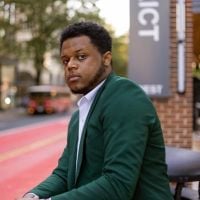
Barry Greene, Jr. is Next City's Equitable Cities Reporting Fellow For Reparations Narratives and a native of Southside Richmond, Virginia. Through his newsletter and moniker “density dad,” Greene is constantly working to spread awareness of the necessity to think of families with young children as well as seniors within the built environment. As a 2023 NACTO Transportation Justice Fellow, Barry aims to help Richmond return to its glory days of leading the industry in public transportation. You can catch him commuting by Brompton, bus or both in conjunction.

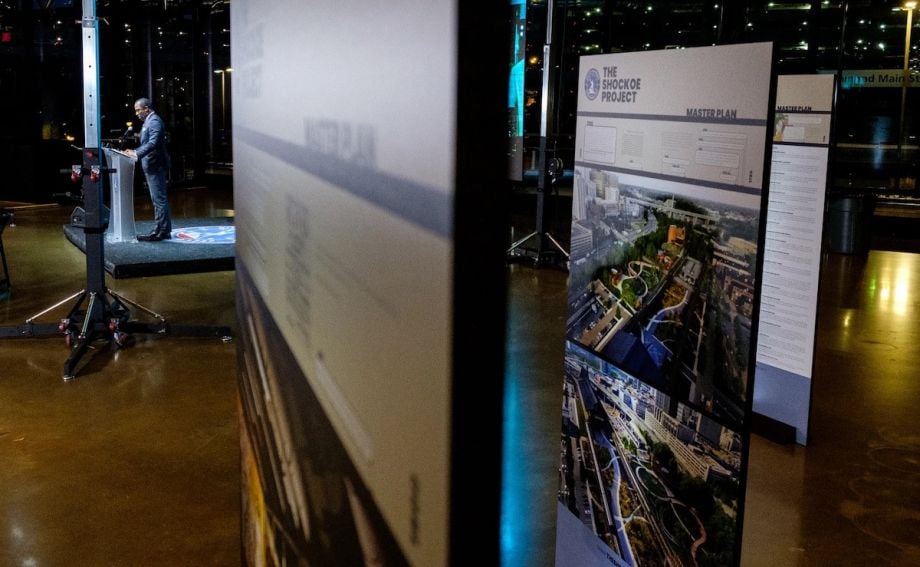
_600_350_80_s_c1.jpg)
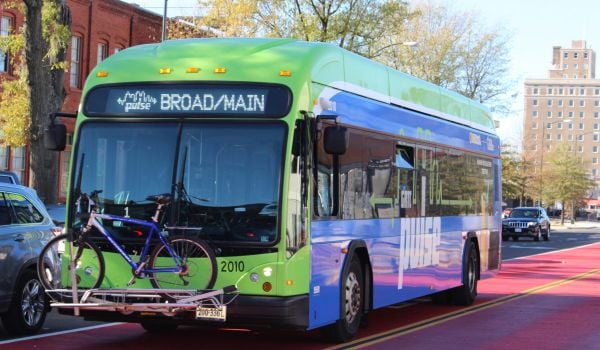
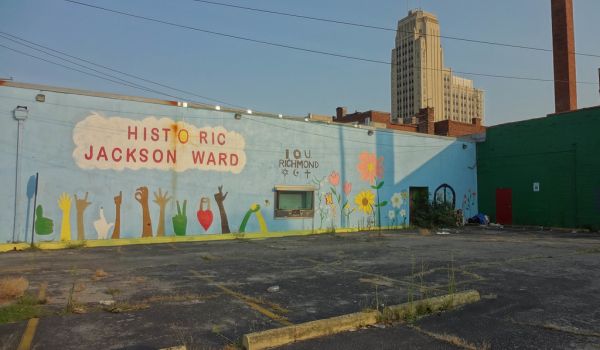
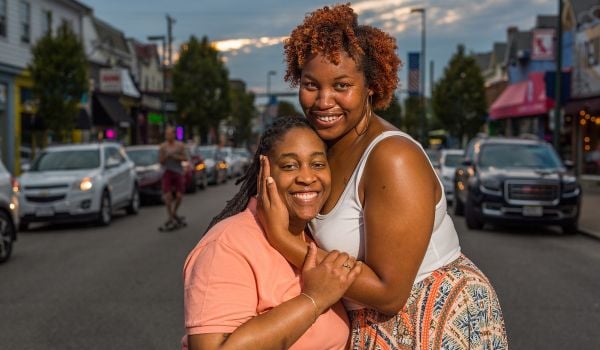
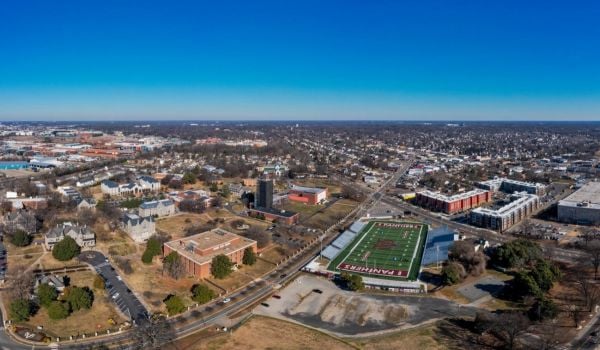
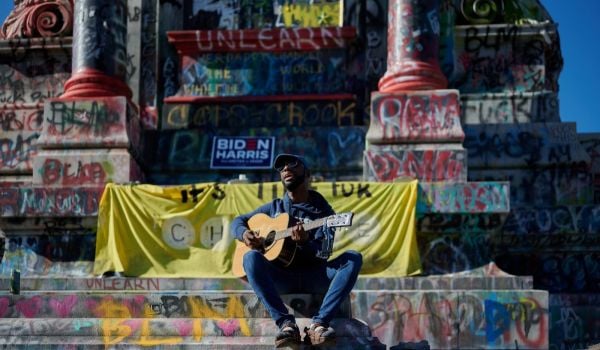

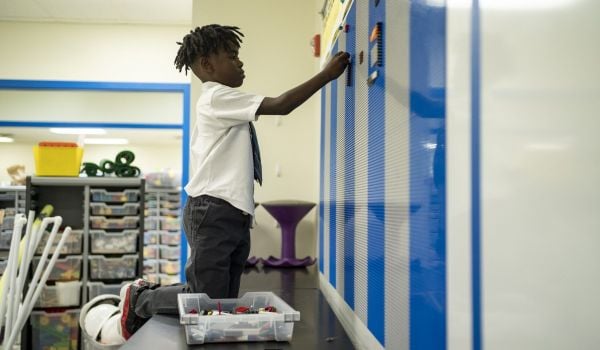







Add to the Discussion
Next City sustaining members can comment on our stories. Keep the discussion going! Join our community of engaged members by donating today.
Already a sustaining member? Login here.